
Choosing the Right Size Generator
According to the U.S. Energy Information Administration, the average American household will lose power once or twice a year. And those outages typically last about 3 hours.
However, some power losses such as those caused by high winds and severe weather can last days if not weeks. When this occurs, homeowners can find themselves struggling with the normal everyday functions of life. Not only do they face inconveniences but also the expense of spoiled food, flooded basements, frozen pipes and even unhealthy mold.
Choosing a generator can be a daunting task. However, a generator is your first line of defense against inconvenience, unsafe conditions and unwanted expenses. It pays to do your research and determine what type is right for you.
Generators can range from small recreational units that only cost a few hundred dollars to expensive standby units that can power your entire house.
How do you figure out what is right for you? Below we will provide you with useful information on each type of generator, what they can safely power, typical expenses and pros and cons of each.
RECREATIONAL INVERTER 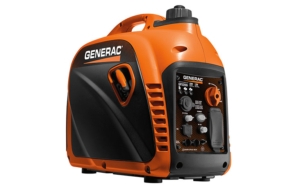 2200 Watts
2200 Watts
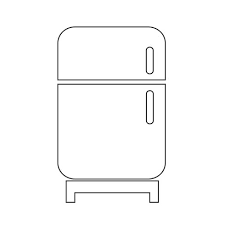

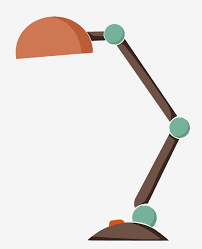

MID-SIZE INVERTER 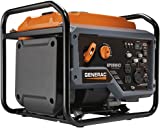 3500 Watts
3500 Watts




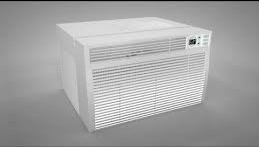
LARGE INVERTER 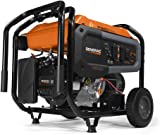 7500 Watts
7500 Watts





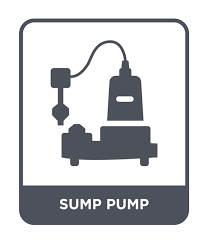
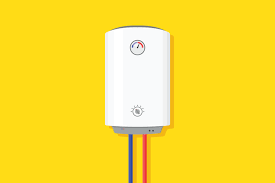

HOME STANDBY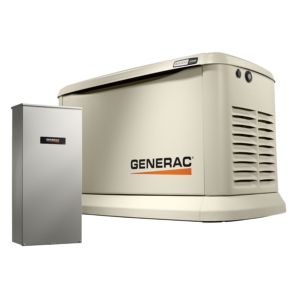 20,000 Watts
20,000 Watts







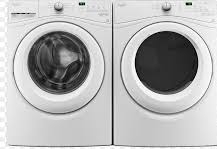
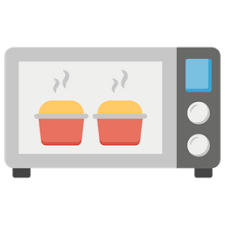
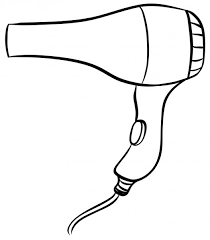

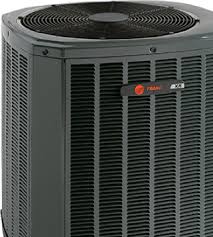
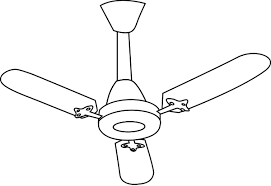
The first step in choosing the right size generator for your home is to pick the power-outage scenario from the three below that best matches your own.
Frequent Power Outages
You experience frequent outages, and these outages are sometimes prolonged. This also applies if you live in an area prone to severe weather events, such as blizzards, ice storms, hurricanes and high winds.
Generators to consider
• Home standby
• Large inverter
These types have enough power to run your entire household, and they can connect directly to your home’s electrical panel, allowing you to control and run appliances that are hardwired, such as central heat and air conditioning, well pumps, sump pumps, electric ranges, and water heaters. If you feel it’s essential for these to work in a power outage, a whole house standby generator or large inverter is your best option. Be sure to have a transfer switch installed.
Occasional Outages
Sometimes you experience longer outages, but not typically, and you don’t want to spend thousands on a home standby generator.
Generators to consider
• Large Inverter
• Portable
Unless you experience numerous power outages a year, you may not be willing to spend the $10,000 or more it can cost to buy a stationary unit and have it installed. You can save thousands of dollars if you don’t mind having to pull your large inverter or portable generator out of a garage or shed and hook it up during the outage. You’ll still want to have a transfer switch installed.
Rarely Lose Power
You want a generator for some peace of mind.
Generators to consider
• Mid-sized inverter
• Recreational inverter
Mid-sized inverter generators have ample power to run a fridge and a window A/C or space heater. Recreational models are compact enough to toss into the back of a pickup to power a TV and cook-top at a tailgate as well!
